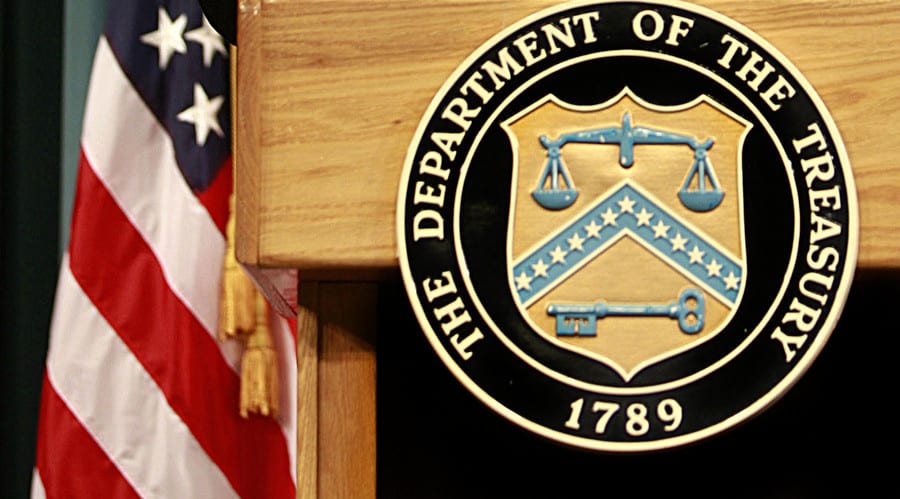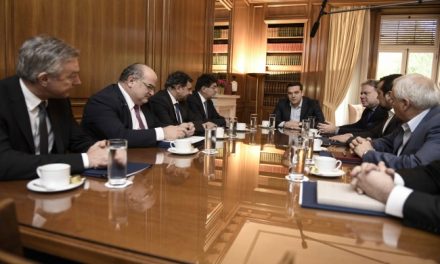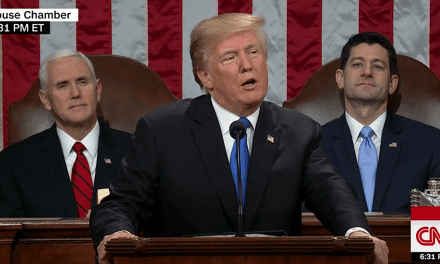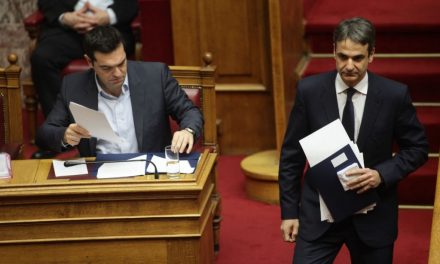A fresh round of sanctions will be imposed under Trump Administration
U.S. Targets Terrorist Financing With New Round of Sanctions
By ALAN RAPPEPORT
RIYADH, Saudi Arabia — The Trump administration on Wednesday imposed sanctions on eight individuals and a business affiliated with the Islamic State in Yemen and with Al Qaeda in the Arabian Peninsula in the first coordinated action taken with a newly formed center to combat terrorist financing led by the United States and Saudi Arabia.
The fresh round of sanctions was unveiled by Steven Mnuchin, the Treasury secretary, as he embarks on a four-country trip to the Middle East intended to strengthen America’s capacity to crack down on terrorist financing networks. President Trump has made attacking terrorist financing a priority in his first year in office, and the Treasury has been increasingly working with Persian Gulf countries to freeze the assets of people who are plotting attacks.
The Terrorist Financing Targeting Center was established in May during Mr. Trump’s trip to Saudi Arabia. Bahrain, Kuwait, Oman, Qatar and the United Arab Emirates are also members of the group, and have agreed to share information about the financing of terrorism.
“Our enemies have felt the effects of being blocked from the world financial system,” Mr. Mnuchin said in a speech at the Future Investment Initiative summit in the Saudi capital, Riyadh. “They are finding it harder to raise, move and distribute money.”
The United States has in recent months imposed sanctions to stem North Korea’s financing and development of weapons of mass destruction and earlier this month targeted Iran’s elite Islamic Revolutionary Guard. Mr. Mnuchin said he is also focused on targeting fund-raising efforts that prop up the Taliban in Afghanistan and Hezbollah in Lebanon.
Among the individuals sanctioned on Wednesday were Abu Sulayman al-Adani, the head of the Islamic State’s Yemen affiliate, Nashwan al-Wali al-Yafi’I, the group’s chief financial officer, and Khalid al-Marfadi, a militant who helped coordinate joint operations between the Islamic State and Al Qaeda in Yemen.
This week Mr. Mnuchin is also traveling to Israel, where he will meet with Prime Minister Benjamin Netanyahu, before heading to the United Arab Emirates and Qatar.
Despite the commitment for more coordination between the countries, Mr. Mnuchin’s trip comes at a particularly complicated time for the region. Earlier this year, Saudi Arabia, Bahrain, the United Arab Emirates and Egypt cut ties with Qatar and imposed a travel blockade on the country over allegations that it supports terrorism. Since then the administration has been attempting to ease tension between the countries.
The Treasury secretary traveled to the region with a delegation that included Sigal Mandelker, the under secretary for terrorism and financial intelligence, and Dina Powell, the administration’s deputy national security adviser. Mr. Mnuchin traveled on a Boeing 737 military plane and was accompanied by his wife, Louise Linton.
A former Goldman Sachs banker and Hollywood film producer, Mr. Mnuchin has acknowledged that targeting terrorists is a new world for him. However, he has said that he spends about half of his time dealing with national security issues and in June suggested that he would like more funding to build up the department’s terrorism and financial crimes unit.
Mr. Mnuchin’s first trip to the region also comes at a frenzied time for his domestic agenda. He has been advising Mr. Trump as he weighs his choices for the next chairman of the Federal Reserve and a decision is expected to come within days.
Meanwhile, the Republicans in the House are expected to unveil legislation to overhaul the tax code as early as next week. Mr. Mnuchin is the administration’s point person for selling the plan.
International investors have been keeping a close eye on the machinations over the tax bill in the United States, and on Wednesday Mr. Mnuchin said that a coming mix of tax cuts and deregulation would soon make America’s economy more competitive.
“It has been over 30 years since we have had comprehensive tax reform in our country,” Mr. Mnuchin said. “This has hurt our workers, made our businesses uncompetitive, and left trillions of dollars of American business profits offshore.”
He added: “We are working to change this.”



















